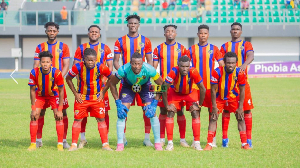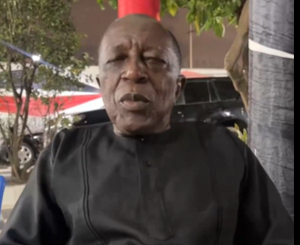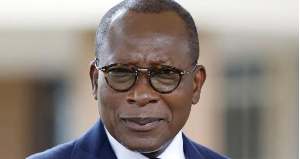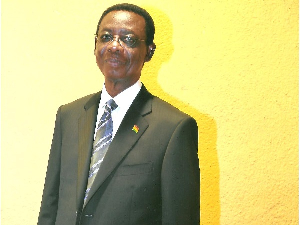The Complementary Basic Education Alliance (CBE Alliance) has targeted 120,000 out-of-school children in Ghana, Mr. Sulemana Osman Saaka, Programme Manager of School for Life has said.
He said the programme would support children between the ages of eight and 14 to gain access to nine months basic literacy and numeracy programmes to enable them to read, write and be numerated in their mother tongue, before transitioning to the primary school.
Mr. Saaka announced this at the Upper West Education Forum held in Wa, to help address issues pertaining to poor performance of students in the Basic Education Certification Examinations (BECE) conducted by the West African Examination Council in recent years.
He said the CBE was being implemented in 43 districts in five regions through a public-private partnership and civil society organisations, in collaboration with government.
Mr. Saaka explained that one challenge the CBE Alliance faced was how to sustain donor interventions for the programme.
Government, he said, would take up the responsibility of providing funds for the continuation of the programme when it ends in three years to tackle the out of school children challenges.
He said the Ghana Education Service and the district assemblies in the region had not been collaborating effectively on donor interventions, especially planning to deal with education priorities of districts to ensure sustainability.
Stakeholders at the forum expressed disappointment at the current poor performance by students in examinations, pointing out that despite low levels of teachers in the past, the region performed well.
They said they were now surprised that with the high caliber of professional teachers today, the Region remained at the bottom of the educational ladder, and called for concerted efforts to reverse the trend.
Some of the stakeholders raised concerns that the regional had produced a lot of professionals some of whom should have come back and serve the people but many of them had abandoned the region to its fate.
They explained that people in the communities had not realised the investment they had made in educating their children, hence the slack in the interest of some parents to invest in their children’s education.
Traditional rulers, educational directors, heads of government institutions and departments, civil society organisations, development partners in education, retired educationists and other professionals attended the forum.
Regional News of Saturday, 25 October 2014
Source: GNA












